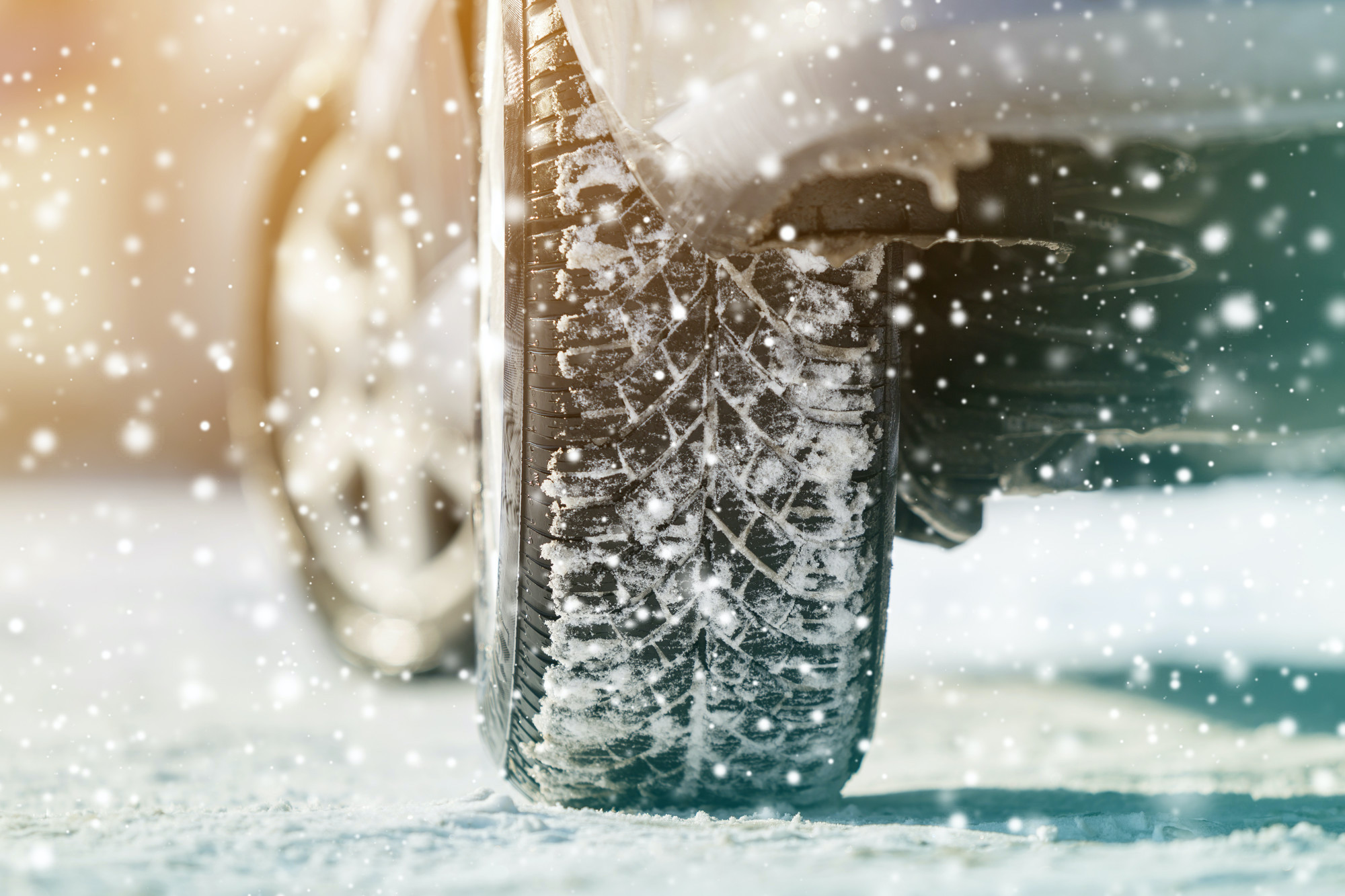The winter is here in full force, and that means a lot of maintenance to do if you live somewhere where the frigid temperatures might impact your way of life. One area you won’t want to overlook? Winterizing your car.
Learning how to winterize your car properly can help to properly maintain the health of your vehicle and ensure great performance for years to come. Failure to winterize your car could lead to issues as early as spring.
What are some key winterization tips that you can implement today? Read on.
1. Switch to Winter Tires
One investment that might be well worth considering this snowy season? Winter tires. If you drive in slippery and slushy conditions, it’s not a bad idea to replace your current tires with a dedicated set meant for winter conditions.
These tires will be optimized for the slippery conditions found on the roadways during the colder months. They will have better tread patterns and be made of different rubber compounds. They provide much better overall safety during the cold months.
They also tend to be better equipped to handle the higher pressure that comes with colder temperatures. Winter tires are some of the best performance parts accessories that you can buy for your vehicle.
2. Cold Weather Engine Oil
Engine oil tends to thicken when the temperatures get cold out. It’s the thicker consistency of engine oil that makes it more likely that you’ll run into engine issues during the cold months. It’s harder to make the engine turn over when the oil is this thick.
There are certain grades of oil better equipped for the winter temperatures. Your vehicle manufacturer might have even recommended a certain grade, and you can likely find this information within your owner’s manual.
Investing in winter-friendly oil during the colder months can help to ensure that you won’t run into issues.
3. Protect Your Exterior
Winter comes with a lot of dirt, salt, and snow. All of these materials can do damage to the exterior of your car and the paint finish on it. It can help to give your car a proper wax right before winter really begins.
Then, once the snow does start coming down, do your best to wash your vehicle regularly. This will help to prevent road salt from building up and eroding your vehicle.
It can also help to combat rust. While most modern cars don’t rust easily, some proper cleaning during the winter months can go a long way to keeping rust presence to an absolute minimum.
Winterizing Your Car: The Basics
If you’re looking to care for your automobile this winter, you’ll need to get familiar with the basics of winterizing your car. The above tips and tricks can help to make sure your vehicle makes it to the warmer months no worse for wear.
Need more auto advice? Keep scrolling our blog for more.

